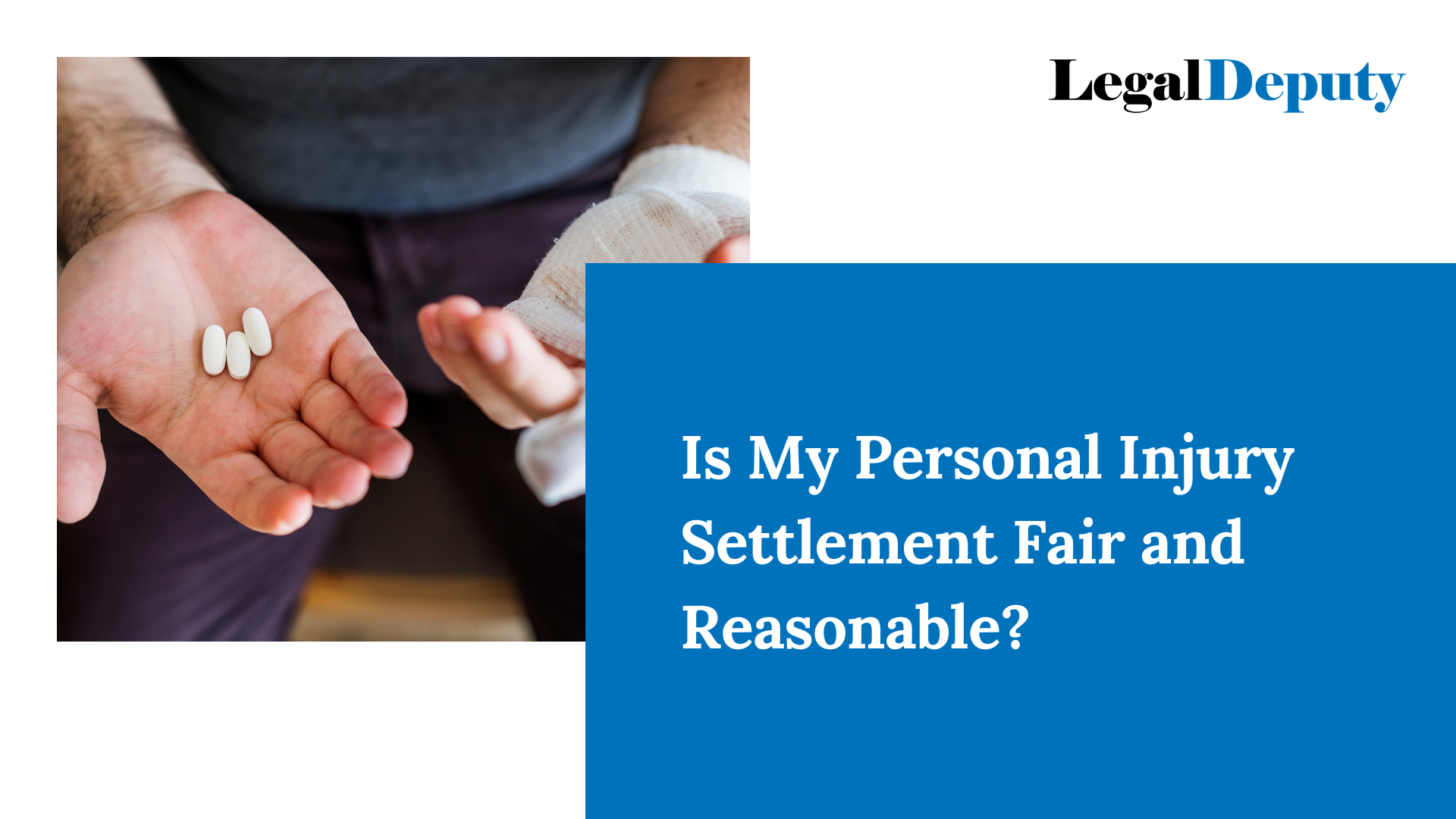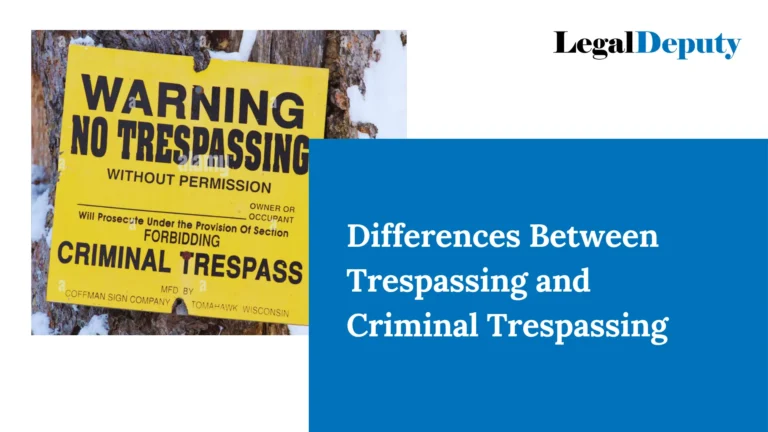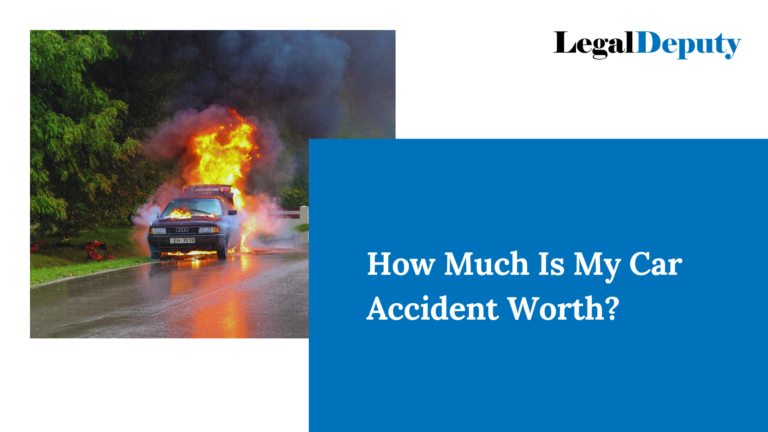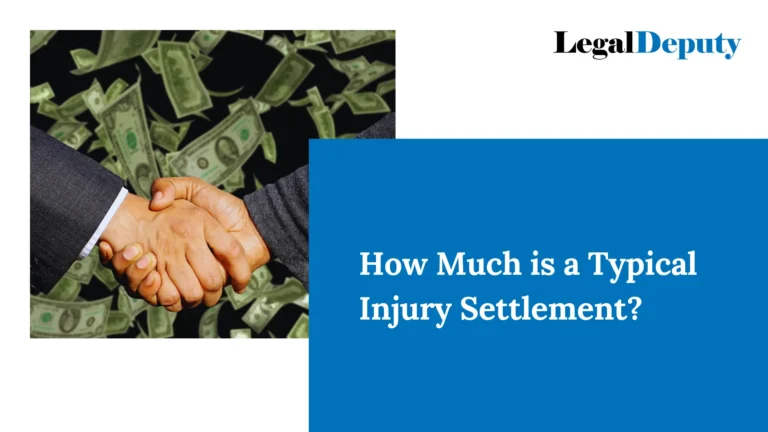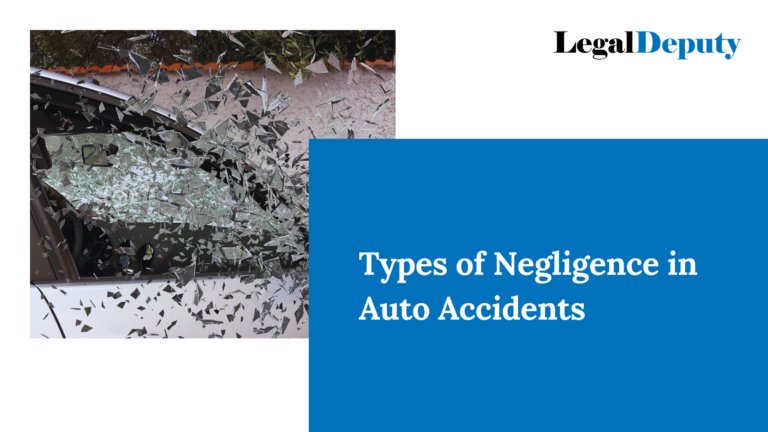How Do I Know If My Personal Injury Settlement Is Fair and Reasonable?
When you’re in the process of negotiating a personal injury settlement, it can be challenging to determine whether the offer on the table is fair and reasonable. After all, this settlement is intended to compensate you for your injuries, pain and suffering, medical expenses, lost wages, and other damages.
Accepting an offer that’s too low can leave you without enough financial support, while holding out for more might delay compensation you desperately need.
So, how do you know if your personal injury settlement is fair and reasonable? Let’s break it down into key factors.
Evaluate the Extent of Your Injuries
Your injury’s severity directly impacts the value of your settlement. Minor injuries that require only short-term medical attention typically lead to smaller settlements, while severe injuries (e.g., long-term disability or chronic pain) result in higher compensation. To determine whether your settlement offer is fair, consider:
- Medical bills: Does the settlement cover past and future medical expenses?
- Future care: Will you require ongoing treatments, surgeries, or physical therapy?
- Long-term effects: How will the injury affect your life moving forward? For example, will it limit your ability to work or perform daily activities?
A settlement that doesn’t account for these factors could be undervaluing your claim.
Assess Your Economic Damages
A fair personal injury settlement must cover all of your economic damages—the measurable financial losses you’ve suffered because of the injury. This includes:
- Medical expenses: This refers to hospital stays, doctor visits, medications, therapy, and even transportation to medical appointments.
- Lost wages: If your injury forced you to miss work, the settlement should cover your lost income. For long-term injuries, it should account for lost future earning potential.
- Property damage: If your personal property, such as a car, was damaged in the accident, the settlement should include repairs or replacement costs.
Want a Free Consultation?
A reasonable settlement should fully cover these costs without leaving you in a financial hole.
Non-Economic Damages: Pain and Suffering
Non-economic damages can be harder to quantify but are still crucial in determining a fair settlement. This includes:
- Physical pain and suffering: Injuries often result in significant pain, and the settlement should reflect compensation for this distress.
- Emotional suffering: Many victims experience emotional trauma, such as anxiety, depression, or PTSD, after an accident.
- Loss of enjoyment: If your injuries prevent you from enjoying hobbies or activities you once loved, this loss may be compensable.
Typically, non-economic damages are calculated based on a multiplier of your economic damages. The more severe your injuries, the higher the multiplier used.
Check Comparable Case Results
Looking at other personal injury cases similar to yours can provide insights into whether your settlement is fair. Check with your attorney or research verdicts and settlements from similar cases in your area. This comparison will help you understand:
- What other individuals with similar injuries received in compensation.
- How the specifics of your case (like fault, the extent of injuries, etc.) affect your settlement amount.
While no two cases are exactly the same, seeing the range of settlements in similar circumstances can help ensure you’re not settling for too little.
Account for Future Damages
A reasonable settlement should not just account for your current damages, but also for future consequences of the injury. These might include:
- Long-term medical care or rehabilitation costs.
- Lost future income if you’re unable to return to work in the same capacity.
- Permanent disabilities that affect your lifestyle.
Failing to consider future expenses and losses can leave you under-compensated. It’s essential to have a medical expert and your attorney estimate what your future damages may look like, ensuring you’re adequately covered.
Consider Liability and Fault
In personal injury cases, your settlement may be affected by who is at fault for the injury. If you’re partially responsible, your compensation may be reduced. The system of comparative negligence applies in many states, meaning your settlement could be decreased by the percentage of fault you bear.
For example, if you were found to be 20% at fault for the accident, your settlement may be reduced by 20%. However, if the other party is clearly at fault, you should expect full compensation. Be sure your settlement reflects the correct liability percentages.
Are You Being Pressured to Settle Quickly?
Insurance companies often push for a quick settlement, offering a sum of money in the early stages of your recovery. While this might seem tempting, especially if you have mounting medical bills or are out of work, settling too early can result in an unfair offer. It’s essential to wait until:
- You’ve fully assessed the extent of your injuries.
- Your medical treatment has concluded or you have a clear picture of future treatment needs.

Don’t rush into a settlement before knowing the full impact of your injury.
Is Your Attorney Involved?
Having an experienced personal injury attorney is vital to ensuring your settlement is fair and reasonable. Attorneys:
- Understand the true value of your case.
- Have experience negotiating with insurance companies.
- Can offer guidance on whether a settlement offer is reasonable or not.
Want a Free Consultation?
If you’re handling negotiations on your own, it can be easy to accept a low offer. However, a personal injury attorney can push for maximum compensation, ensuring your rights are protected.
Does the Settlement Cover Legal Fees?
In many cases, personal injury attorneys work on a contingency fee basis, meaning they only get paid if you win your case or settle. The typical fee is about 33% of the settlement amount. When evaluating if your settlement is reasonable, ensure you understand how much will go toward legal fees and whether the remaining amount is enough to cover your needs.
Listen to Your Gut and Take Your Time
In some cases, you may feel uncertain about whether the offer is truly fair. If you’re second-guessing the amount or feel like you’re being rushed into an agreement, it’s okay to slow down. Take the time to consult with your attorney, review all aspects of the settlement, and weigh your options before making a final decision.
Conclusion
To determine if your personal injury settlement is fair and reasonable, you must consider a variety of factors, including the severity of your injuries, the compensation for economic and non-economic damages, future expenses, and legal fees. Consulting with an experienced attorney can help ensure that you’re not leaving money on the table and that your settlement accurately reflects the true cost of your injury.
Want a Free Consultation?
If you’re currently negotiating or considering a personal injury settlement, ask yourself: “How do I know if my personal injury settlement is fair and reasonable?” Carefully evaluating the factors listed above will help you arrive at an informed decision.
Disclaimer:
The information provided in this blog, “How Do I Know If My Personal Injury Settlement Is Fair and Reasonable?”, is intended for general informational purposes only and does not constitute legal advice. While we strive to provide accurate and up-to-date information, the content of this blog may not reflect the most current legal developments or interpretations.
Readers should not act or refrain from acting based on the information contained herein without seeking appropriate legal or other professional advice on the specific facts and circumstances at issue from a licensed attorney in the relevant jurisdiction. This blog is not intended to create, and receipt of it does not constitute, an attorney-client relationship between the reader and the author or the author’s affiliated organization.
All liability with respect to actions taken or not taken based on the contents of this blog is expressly disclaimed. The information is provided “as is”; no representations are made that the content is error-free.
For specific legal advice regarding your personal injury case or any other legal matters, please consult with a qualified legal professional.

